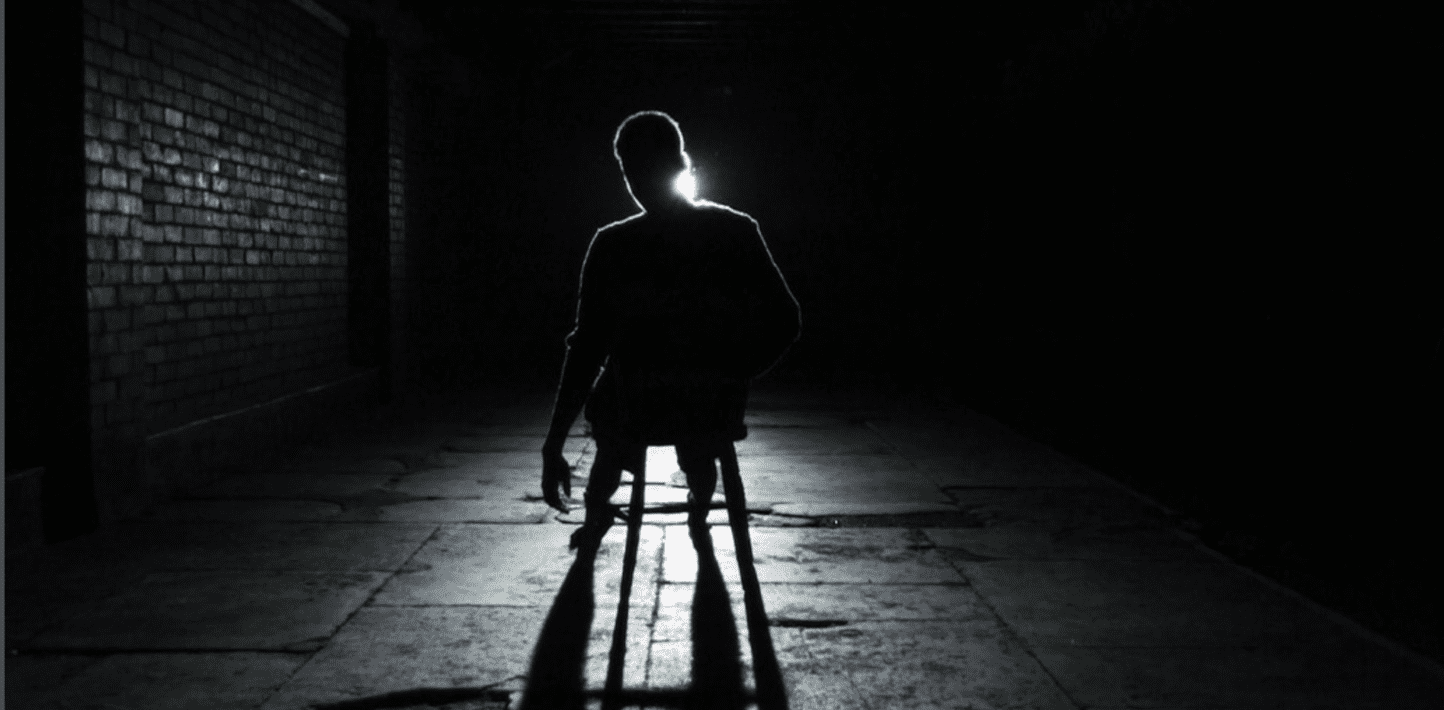In response to a leaked video showing Ferdian Paleka, a YouTube prankster, being subjected to abusive treatment in the detention centre of Bandung Police’s Criminal Investigation Unit, Amnesty International Indonesia Executive Director, Usman Hamid, said:
“Nothing can justify the disturbing treatment seen in this video. Anybody in detention, regardless of whether they are suspects or convicted, and regardless of the crimes they are accused of, deserve a safe environment and protection from abuse by other inmates.”
“These incidents must be promptly and thoroughly investigated and those suspected of responsibility must be brought to justice in a fair process. Authorities should also take effective steps to prevent such appalling and illegal treatment in detention in the future.”
“Ferdian’s ‘prank’ against a transwoman was cruel, but this is not an excuse to subject him to vicious treatment proscribed by law, and that would violate anyone’s human rights. Morever, authority must ensure Ferdian is given a fair trial.”
Background
A video went viral on Saturday 9 May 2020 showing Ferdian Paleka, a self-declared YouTube “prankster”, and his friend being abused by several other prisoners inside the detention centre of the Criminal Investigation Unit of Bandung Police, West Java. Bandung Police has confirmed the incident, saying that the video was recorded by a prisoner who illegally held a cellphone.
The 1-minute, 35-second video clip distributed via YouTube shows Ferdian and his friend being forced to do push-ups and squat-jumps, and then made to sit inside a trash can.
Ferdian is a vlogger who was arrested after posting a prank video on his YouTube channel, in which he pretended to give a transwoman a relief package containing groceries, then revealing that they contained garbage and sand.
The video has triggered public anger. Ferdian then posted another video expressing a fake apology.
Ferdian was charged under the Information and Electronic Transactions Act, also known as the ITE law, which carries a maximum four years prison sentence. He has also been charged with ‘bringing harm to others’, which carries a maximum 12 years in prison under the ITE law.
Ferdian evaded arrest for almost a week until he was arrested on Friday 8 May by the West Java Police on the Tangerang-Merak toll road.
Detainees are entitled to the rights and standards enshrined in international law. At the universal level, the primary protections are contained in, among others, the International Covenant on Civil and Political Rights (ICCPR), the UN Convention Against Torture and Other Cruel, Inhuman or Degrading Treatment or Punishment (CAT), and the UN Standard Minimum Rules for the Treatment of Prisoners (the Nelson Mandela Rules).
Articles 7 and 10 of the ICCPR guarantee that all persons deprived of their liberty shall be treated with humanity, with respect for the inherent dignity of the human, and must not be subjected to torture or to other cruel, inhuman or degrading treatment or punishment. It also requires reform and social re-adaptation of prisoners as principal aims of imprisonment.
The same matter is also reiterated under Article 7 of the CAT, which stipulates that no one shall be subjected to torture or to other cruel, inhuman or degrading treatment or punishment. Lastly, Paragraph 31 of UN Standard Minimum Rules for Prisoners explicitly prohibits all cruel, inhuman or degrading punishments as punishments.
Under international standards, countries must take effective measures to prevent prisoner-on-prisoner violence by investigating reports of such violence and prosecuting and punishing perpetrators with appropriate penalties in conformity with international human rights standards, including fair trial rights. Such violence can amount to torture or other ill-treatment if the state fails to act with due diligence to prevent it.
It is important to highlight that police authority who failed to stop the practice of the practices of prisoner-on-prisoner abuse inside the detention centers also violated Article 21 (3) of the Indonesian National Police Chief Regulation No. 14 of 2011 on Code of Ethics for Indonesian Police since they were considered negligent in carrying out their duties and obligations.

